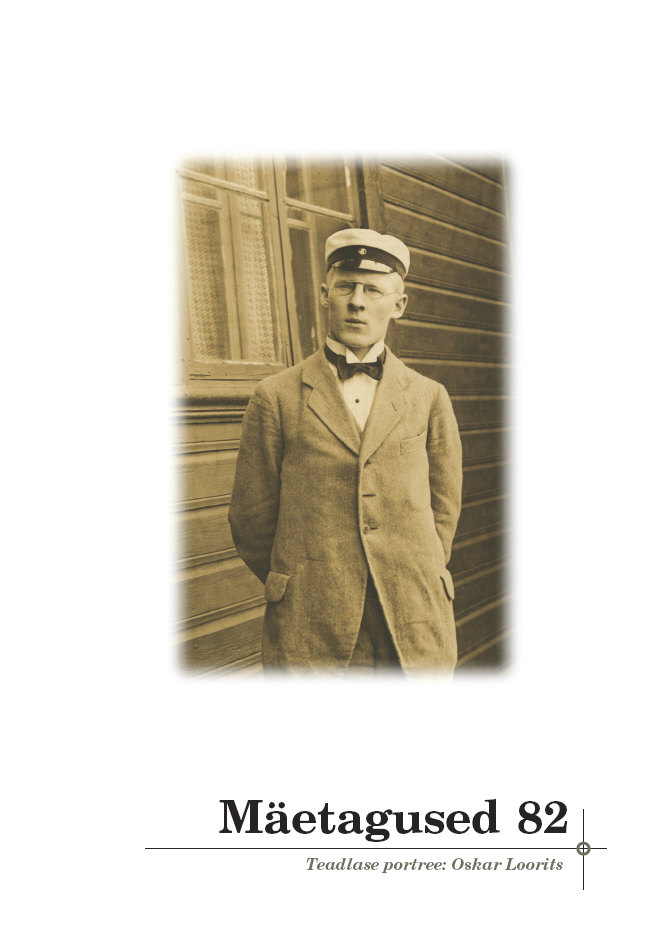Oskar Loorits ja tema kaasteelised
Oskar Loorits and his fellow travellers
Author(s): Mall HiiemäeSubject(s): Customs / Folklore, Cultural Anthropology / Ethnology, Culture and social structure , Phenomenology, Sociology of Religion
Published by: Eesti Kirjandusmuuseum
Keywords: animism; Estonian Folklore Archives; Livonian folklore; national ideology; nature nation; religious phenomenology;
Summary/Abstract: Oskar Loorits (1900–1961) was a versatile researcher who in international folkloristics was mainly known for his religious studies. He developed an interest in folk belief in his student days at the University of Tartu, where he had a chance to participate in an expedition and record Livonian folklore. Already in 1926 Loorits defended his doctoral thesis on Livonian folk belief. He also became one of the advocates for the cultural identity of the small Livonian nation. On Loorits’s initiative the Estonian Folklore Archives were established, which assembled older folkloric collections; also, the managing system was created and collections were supplemented. By the beginning of World War II, it was an internationally known and smoothly operating institution. Loorits left for Sweden and continued work in exile. The majority of Loorits’s research uses comparative-historical methods, in comparison with the folkloric material of the peoples of the world. Most of his research was published in German: Livische Märchen und Sagenvarianten (1926), Der norddeutsche Klabautermann in Otsbaltikum (1931), Pharaos Heer in der Volksüberlieferung I (1935), Gedanken-, Tat- und Worttabu bei den estnischen Fischern (1939), etc. Some of the most renowned works, which have also received criticism, are, for example, Eesti rahvausundi maailmavaade (Estnische Volksdichtung und Mythologie (1932)) and Grundzüge der estnischen Volksglaubens, which was compiled in Sweden in 1943–1960. As a personality, Loorits was impulsive in expressing his ideas, as well as articulate and remarkably persuasive. These features characterize his cultural and socio-political journalistic works. As a national ideologist, Loorits was interested in defining the ancient worldview of Estonians and Finno-Ugric peoples, yet idealized the centuries-long tenacity of the principle of animistic equality. It is not surprising that his ideas about Estonians as a nature nation gave rise to debates and are also under discussion today in connection with the problems of the sense of identity, environmental protection and nature conservation.
Journal: Mäetagused. Hüperajakiri
- Issue Year: 2022
- Issue No: 82
- Page Range: 35-60
- Page Count: 26
- Language: Estonian

